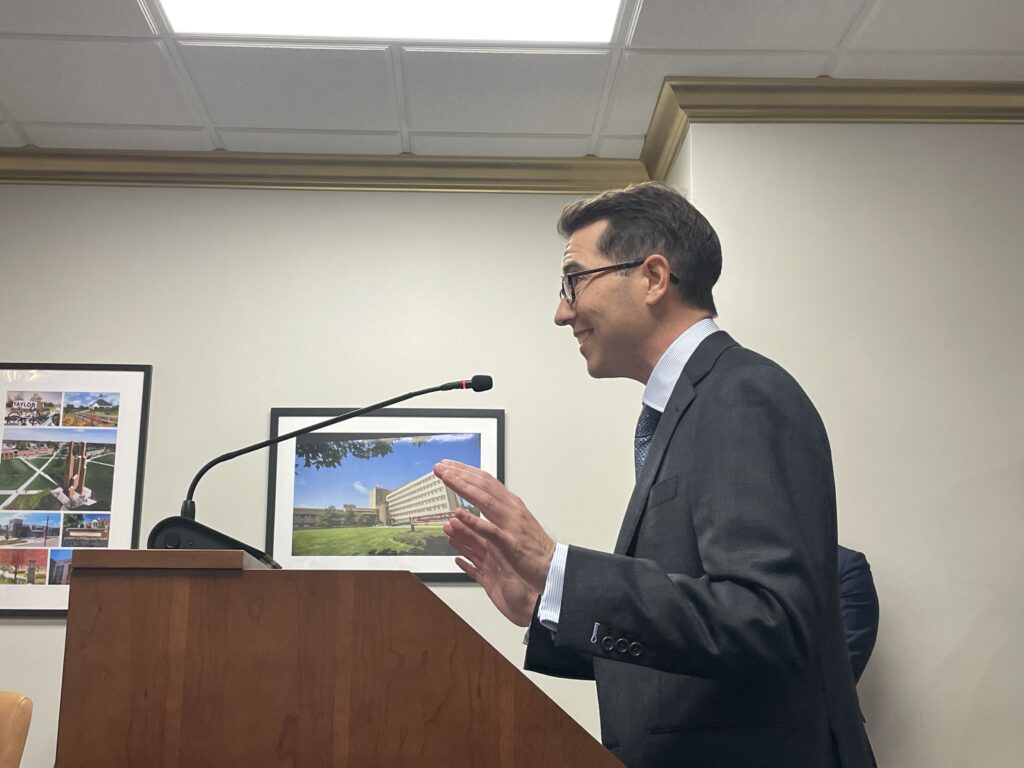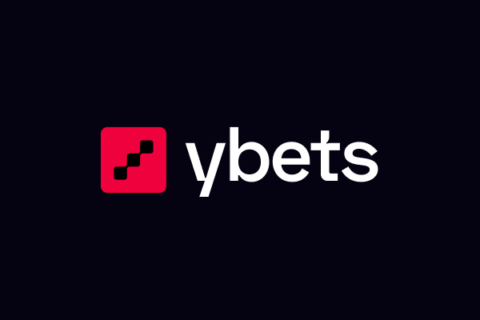Indiana iGaming Bill Advances Following First House Committee Approval

A bill that would legalize online casino gaming in Indiana took a step forward after passing its first hurdle in the House. The legislation, known as House Bill 1432, cleared the House Public Policy Committee with a 9-2 vote, bringing the state closer to launching an official iGaming market. If the bill moves forward, Hoosiers could have access to legal online lottery and casino games as early as September 2025.
The proposal, introduced by Rep. Ethan Manning, aims to expand Indiana’s gaming industry while increasing state revenue. Manning believes the bill could generate more than $300 million annually, thanks to adjustments in the tax structure of digital casino games and sports betting. The official revenue projection is expected soon after lawmakers incorporated five amendments into the measure.
Supporters of the bill argue that legalizing online casinos will bring consumer protections and generate tax revenue that currently goes to illegal operators. Industry representatives testified that Hoosiers already have access to online casino games through unregulated platforms.
John Pappas of the iDevelopment and Economic Association pointed out that some illegal operators falsely advertise their services as legal, even using the Indiana state seal to mislead players. Brandt Iden, a government affairs director at Fanatics, emphasized that unregulated gambling lacks oversight, consumer protections, and tax contributions.
However, concerns about problem gambling have led to opposition. Responsible gaming advocates argue that legalizing iGaming could increase addiction rates and make gambling more accessible to vulnerable populations.
Brianne Doura-Schawohl, a gambling addiction expert, warned that online gambling is more addictive than traditional forms due to its accessibility and anonymity. She emphasized that the expansion could lead to serious consequences, including financial ruin and suicide.
To address these concerns, the bill includes provisions for responsible gambling programs. Operators would be required to contribute to a fund supporting treatment and research, with annual fees of $250,000 per licensee. If funds run low, licensees would be charged additional fees based on their market share, with contributions capped at $2 million annually.
Mental health organizations, including Mental Health America of Indiana, have expressed support for the measure, provided that adequate resources are allocated to treatment programs.
The proposed tax structure for iGaming licensees has also sparked debate. The bill initially sets a 26% tax rate, which would later shift to a graduated scale ranging from 22% to 30% based on revenue. Some casino operators have expressed concerns about the tiered tax structure, favoring a flat rate instead. Manning, however, argues that a graduated system would help smaller operators compete.
The Hoosier Lottery has backed the bill, particularly the provision allowing for online lottery sales. If passed, Indiana would join other states, such as Michigan, Kentucky, and Illinois, in offering digital lottery games. Lottery officials argue that online sales would increase revenue and attract new players without negatively impacting traditional ticket sales.
Despite concerns, the bill has gained bipartisan support, with both Republican and Democratic lawmakers voting in favor. However, some legislators, such as Rep. Matt Lehman and Rep. Peggy Mayfield, opposed the measure, citing the need for stronger gambling addiction safeguards. Lehman suggested additional ways to protect families from gambling-related financial harm, including allowing spouses to block their partners from gambling.
- Other news categories:
- SlotsUp's news





